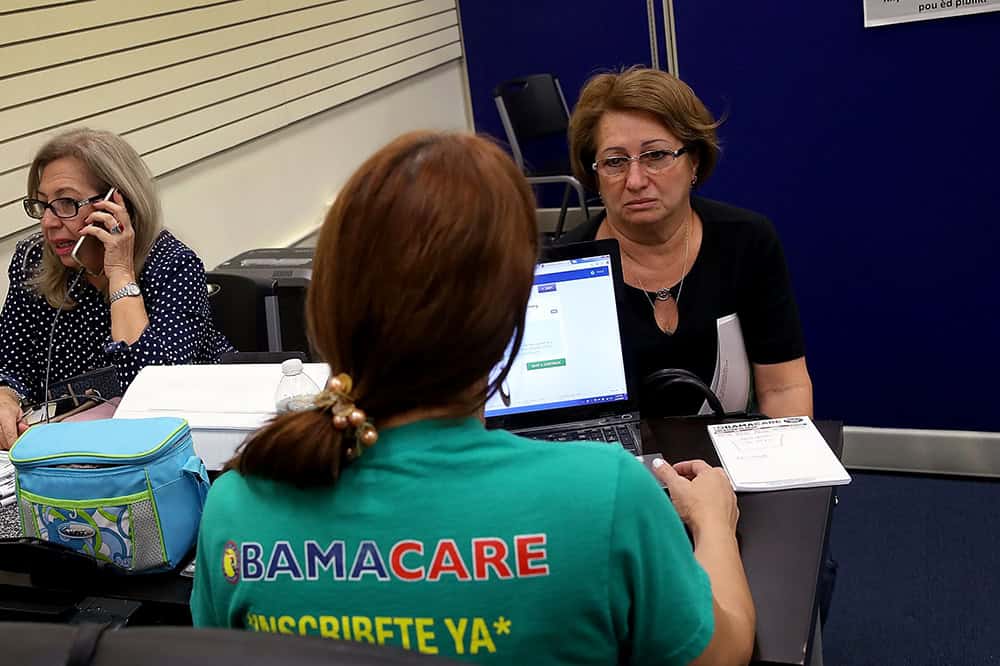PGPF Poll Shows Americans Believe Government Shutdown, Debt Ceiling Fights Threaten the Economy
Nearly Three-Quarters of Voters Fear Their Personal Financial Situation Will Worsen Because of Congressional Inaction on Key Fiscal Issues
9 in 10 Believe Congress is Putting Politics Ahead of a Budget Solution
Click here for full topline poll results
NEW YORK — A new poll released today and commissioned by the Peter G. Peterson Foundation finds that American voters are deeply concerned that upcoming fights over the debt ceiling and a possible government shutdown will harm the economy, as well as their personal financial situation. Despite this concern, voters remain highly skeptical that policymakers will be able to reach agreement on these key issues this fall.
Eighty-eight percent of voters agree that Congress’ inability to enact a long-term fiscal plan creates uncertainty about the future and risks serious consequences for our economy. Voters express real concern that the economy will become less stable (86% concerned, 55% very concerned) and that progress on the economy will be stalled (86% concerned, 51% very) as a result of Congress failing to come to agreement on the federal debt limit. And nearly nine in ten voters (88%) believe that Congress has not yet come to agreement on a new federal budget because they are putting politics ahead of a solution.
Beyond implications for the broader economic landscape, many voters also fear that the issue will affect them personally. Nearly three-quarters of voters (74% concerned, 49% very) say they are concerned that their financial situation will worsen as a result of Congressional inaction on the issue.
“Americans understand that failure to act on critical fiscal issues will have real economic consequences — both for the country, and for their personal financial situation,” said Michael A. Peterson, President and COO of the Peter G. Peterson Foundation. “Rather than risk harming our recovering economy by governing crisis-to-crisis, policymakers should come together on a comprehensive, bipartisan fiscal plan that stabilizes the debt for the long-term.”
Key Findings
- 88% of voters agree that Congress’s inability to enact a long-term fiscal plan creates uncertainty about the future and risks serious consequences for our economy.
- 93% agree that Congress must reach a long-term plan to deal with our national debt instead of relying on short-term fixes in times of crisis.
- Only 39% are optimistic that Democrats and Republicans will reach an agreement on the debt limit.
- Regardless of party (83% Democrats/84% Independents/91% Republicans), Americans believe strongly that the fiscal policymaking process in Washington is broken, and partisanship and politics are primarily to blame.
- 84% of voters agree that policymakers can help today’s economy by agreeing on a comprehensive plan to put our long-term debt on a sustainable downward path.
For more poll results, click here.
Methodology
The Peter G. Peterson Foundation commissioned the poll by the Global Strategy Group to survey public opinion on the national debt. The nationwide poll included 1,003 U.S. registered voters, surveyed by telephone between September 17 and September 19, 2013. The poll has a margin of error of +/- 3.1%. The poll examined voters’ opinions on the national debt, political leadership, and America’s fiscal and economic health.
About the Peter G. Peterson Foundation
The Peter G. Peterson Foundation is a nonprofit, nonpartisan organization established by Pete Peterson — businessman, philanthropist and former U.S. Secretary of Commerce. The Foundation is dedicated to increasing public awareness of the nature and urgency of key long-term fiscal challenges threatening America’s future and to accelerating action on them. To address these challenges successfully, we work to bring Americans together to find and implement sensible, long-term solutions that transcend age, party lines and ideological divides in order to achieve real results. To learn more, please visit www.pgpf.org.
Further Reading
How Does Student Debt Affect the Economy?
As overall student debt has grown over the past decade, it is apparent that such borrowing can place a financial burden on households.
How Does the Federal Government Subsidize Healthcare Under the ACA — and What Does It Cost?
In 2025, the expansions of the premium tax credit under the Affordable Care Act will expire, and lawmakers will have to decide whether to extend them.
Income and Wealth in the United States: An Overview of Recent Data
Income levels for Americans vary across geography, race, and gender.


